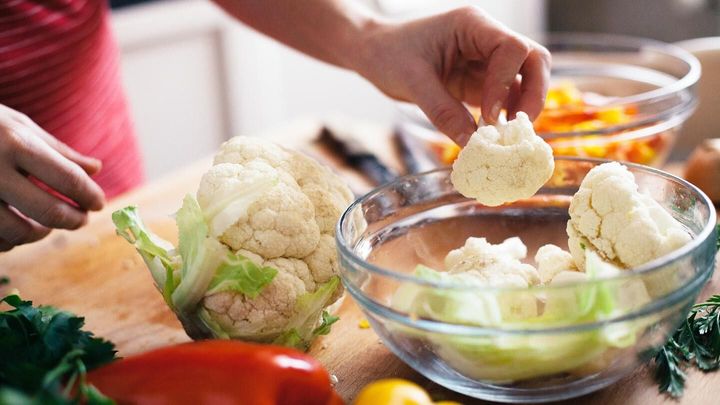During the holy month of Ramadan, Muslims fast from dawn to dusk. While fasting, it is essential to maintain a healthy diet to ensure that the body receives the necessary nutrients to sustain itself throughout the day. A balanced and appropriate diet schedule during Ramadan should include foods that are high in complex carbohydrates and fiber, such as whole grains, fruits, and vegetables, as these foods provide a sustained source of energy throughout the day.
It is also essential to drink plenty of water during non-fasting hours to stay hydrated. Foods that are high in sugar, salt, and unhealthy fats should be limited as they can cause dehydration and other health problems. Additionally, it is recommended to break the fast with dates and water, followed by a light meal, and then to have a more substantial meal later in the evening. Overall, a balanced and healthy diet schedule during Ramadan can help individuals maintain good health and well-being throughout the month.
Suhoor, the pre-dawn meal, is an essential part of the daily routine during Ramadan, as it provides the necessary energy and nutrients needed to sustain the fast. This meal should be balanced and include complex carbohydrates, such as whole grains and fruits, along with protein sources like eggs, nuts, and dairy products. It is also important to stay hydrated, so drinking plenty of water and fluids is essential.
When breaking the fast at Iftar, it is important to do so in moderation and avoid consuming excessive amounts of fried or sugary foods. Opt for nutrient-dense meals that include whole grains, lean proteins, vegetables, and fruits. Additionally, it is recommended to have a small snack or meal before heading to bed to prevent hunger pangs during the day. Overall, it is important to maintain a balanced and healthy diet during Ramadan to ensure optimal health and wellbeing during the month.







